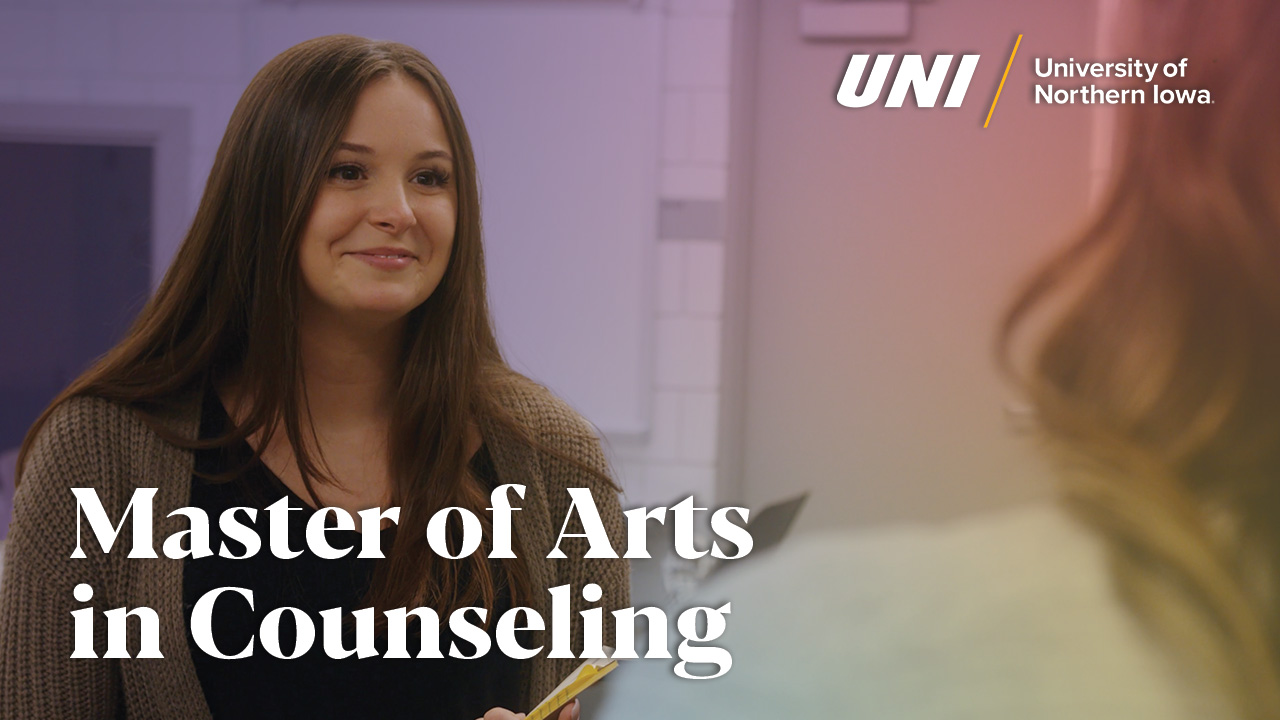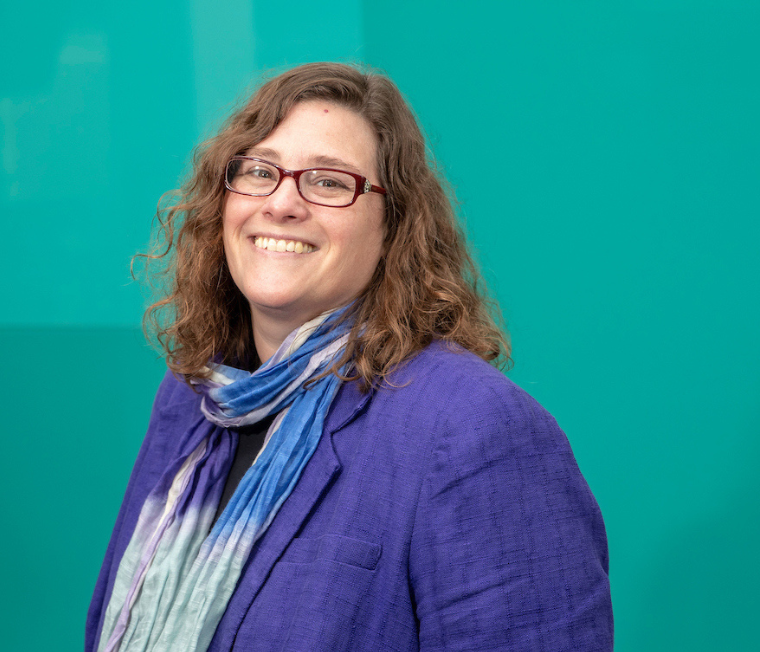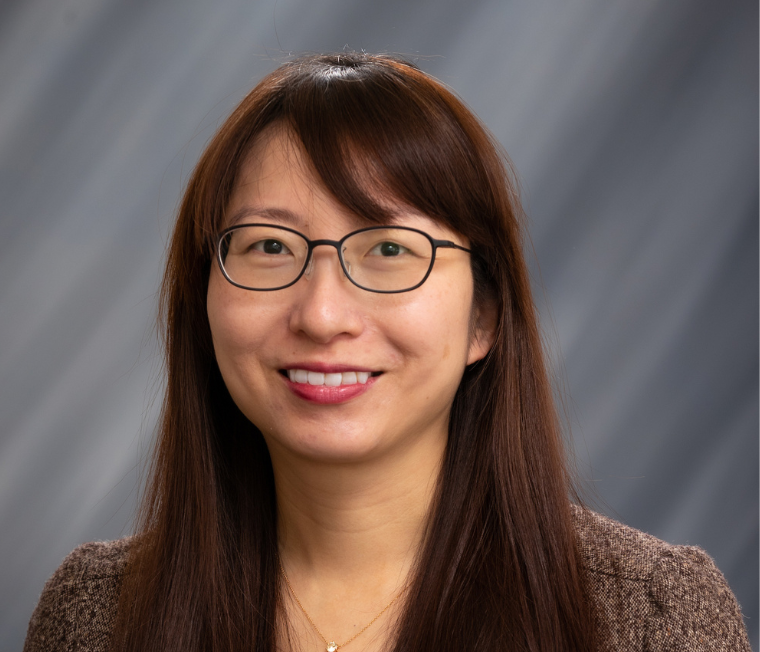Master of Arts in Counseling
UNI Counseling Program
UNI’s CACREP-accredited Master of Arts in Counseling program prepares future counselors to help clients improve their mental health and wellness across diverse settings and populations.
UNI’s unique program structure allows all students to build a strong counseling foundation by specializing in clinical mental health. What’s more, if you desire to counsel children and teens in K-12 schools, you can add a dual specialization in school counseling. Or, if your passion is working with older individuals, you can earn a distinction in gerontological counseling. No matter what specialization path you chose, you’ll graduate ready to obtain licensure and confident in your ability to lead with empathy, skill and integrity.
Applications for the Fall 2026 cohort are open and are due on February 1, 2026.
Virtual Info Sessions
Register for a session and join faculty and current graduate students for information about the UNI Counseling Program and an opportunity to ask questions. All times listed are Central Time.
Foundation in Clinical Mental Health Counseling
All students gain a strong foundation in the core counseling competencies by earning a specialization in Clinical Mental Health Counseling.
Dual Specialization in School Counseling
We offer a unique specialization for those who want to work directly for K-12 schools. This unique structure provides students a specialization in Clinical Mental Health Counseling and School Counseling.
Flexible Pathways to Specialization
Students can further gain experience and knowledge in their areas of interest. Those wanting to work with older adults and their families can earn a Gerontological Counseling Distinction. Elective courses offer choice for those with a general focus or those wishing to focus on children and adolescents.
Want to learn more?
Fill out your information here and we'll be in touch!
Contact us directly at:
Counseling Program
235 Latham Hall
University of Northern Iowa
Cedar Falls, Iowa 50614-0332
Email: counselored@uni.edu
Linda Davis
Secretary II, Counseling
Phone: 319-273-6414
Email: linda.davis@uni.edu
Eran Hanke
Program Coordinator of Counseling
Assistant Professor
Ready to Take the Next Step?
Program Features
Flexible Class Format
In addition to being in a master’s program, we recognize grad students are working professionals, caregivers, partners, friends, and humans with busy lives, and we offer a flexible class format to support you. Most courses meet in the late afternoon or early evening. While in-person learning is the cornerstone of the program, select courses are taught in hybrid and virtual formats, facilitating summer learning and flexibility during practicum and internship experiences. Furthermore, our recent cohorts have been 25 students or less, allowing for a cohesive group of students and personalized support. Classes are largely comprised of interactive discussion and application of counseling skills.
Practicum and Internship
Practicum and internship experiences are designed for development and choice. First, semester-long practicum placements are arranged for students, allowing them to ease into experiential learning. For the following academic year-long internship, students have the freedom to pursue sites that align with their population, setting, and geographic preferences.
CACREP Accreditation
The UNI Counseling Program is accredited for Clinical Mental Health Counseling and School Counseling by the Council for Accreditation of Counseling and Related Educational Programs (CACREP), the preeminent accrediting organization for counseling programs. Graduates of CACREP-accredited programs meet the educational requirements for licensing in Iowa and most other states.
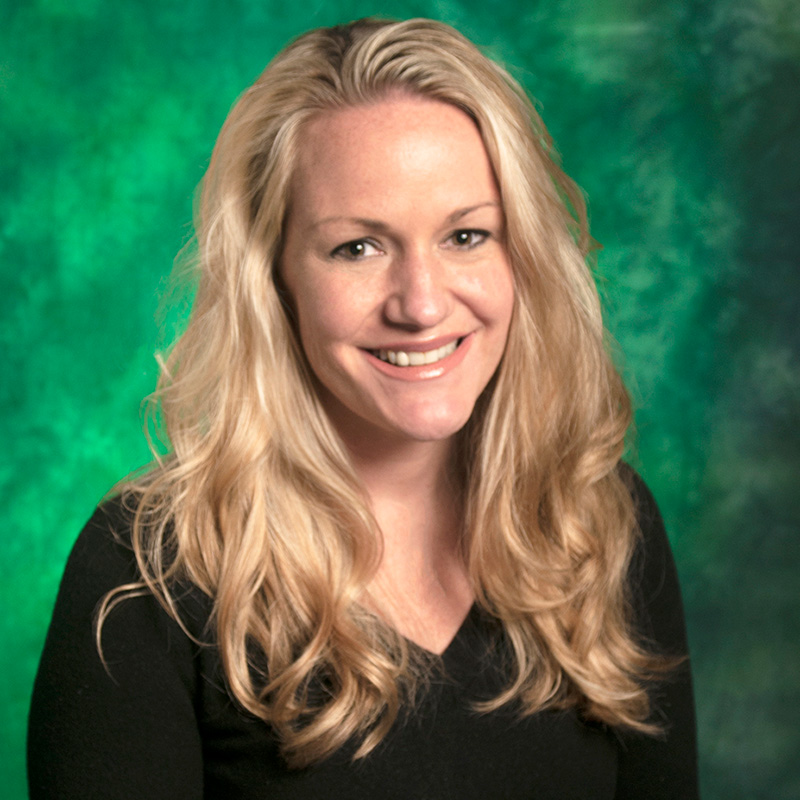
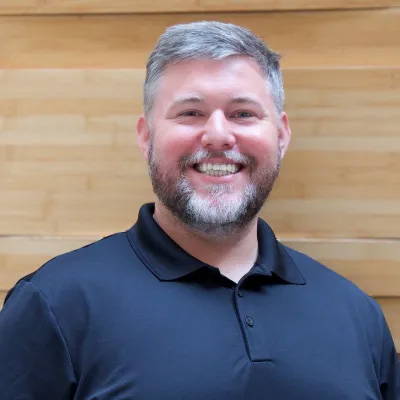
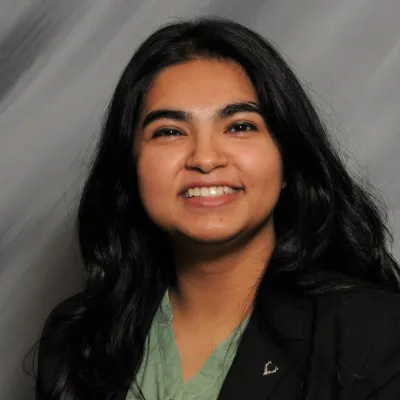
Experienced, Caring Faculty
Our faculty care about their students and are dedicated to helping them reach their goals and their full potential as counselors. Together, they comprise a varied background in specialty areas (e.g., Adlerian play therapy, serving older adults, multicultural counseling, collaborative school counseling, mentorship, co-occurring mental health and substance use, etc.), professional experience, and scholarly contributions.

Enhanced Learning Outside of the Classroom
UNI Counseling Program students have the opportunity to enhance their learning and cultural humility through participation in annual summer study abroad trips to Taipei, Taiwan. During this experience, students earn class credit while collaborating with Taiwanese students and faculty and immersing themselves in Taiwanese history and culture.
Additionally, the UNI Counseling Program partners with Allen College in Waterloo to create an annual two-day residency program that allows counselors to learn alongside psychiatric mental health nurse practitioners, hear from experts from both disciplines, and work together on simulated case studies.
Career Opportunities
In addition to strong foundational counselng skills and knowledge, students are trained to work with adults, children and adolescents, families, couples, students, etc. They are also prepared to work alongside educators, clinicians, and other collaborators. Examples of career goals our alumni have achieved include working as:
- Clinical mental health counselors/therapists
- Family therapists
- School-based counselors/therapists
- Crisis counselors
- University counseling center counselors/therapists
- Professional school counselor
- Elementary school success counselor
- Student services personnel
Courses & Curriculum
In addition to the core counseling courses, students pursuing the Clinical Mental Health Counseling or the Dual Specialization Clinical Mental Health Counseling and School Counseling specialization take speciality and elective courses, such as:
- COUN 6254 Counseling Children and Adolescents
- COUN 6210 Developing Comprehensive School Counseling Programs
- COUN Leadership, Consultation, and Collaboration in School
- COUN Foundations and Contemporary Issues in School Counseling
- COUN 6286 Counseling Older Adults
- COUN 6505 Dynamics of Family, Couples and Human Sexuality
- COUN 6503 Wellness, Self-Care, and Brain-Based Strategies
Next Steps
Requirements for Admission
- Official Transcripts
- Personal Narrative
- Resume
- Writing Sample
- Three Letters of Recommendation
- 2.75 is the minimum GPA to be accepted without provision; applicants with lower GPA may still be admitted provisionally, at the discretion of the program
- Application fee (this can be waived or deferred, see if you qualify).
Requirements for International Applicants
- Along with the basic application requirements, international applicants also need:
- Proof of English proficiency
- A copy of the personal data page of your passport
- A completed UNI Financial Statement and Certification form
- Non-refundable application fee.
Fund Your Degree
Get the opportunity to learn and fund your degree through hands-on experiences, earning monetary awards or a combination of both. Visit one of the following pages to learn about graduate assistantships, scholarships or additional details on UNI's Counseling program at University of Northern Iowa College of Social & Behavioral Sciences.

